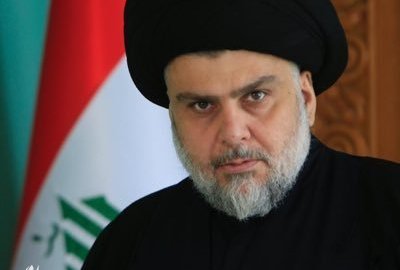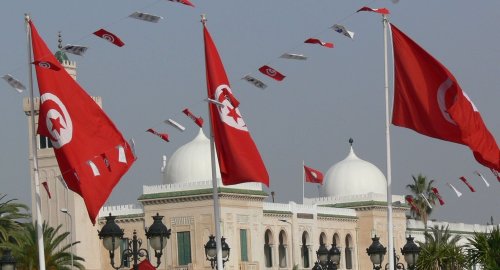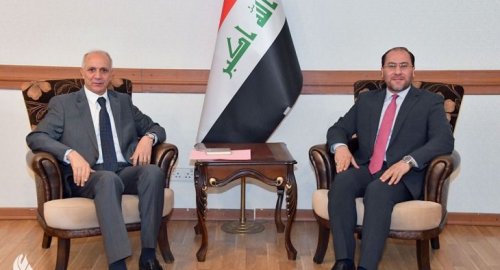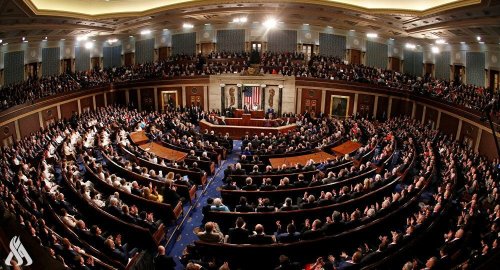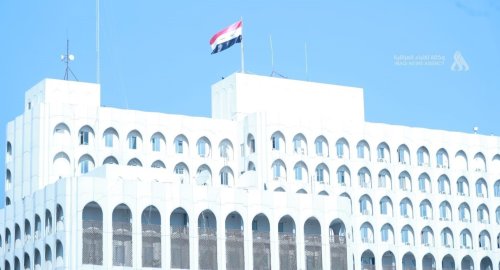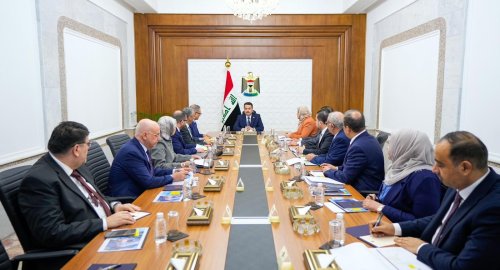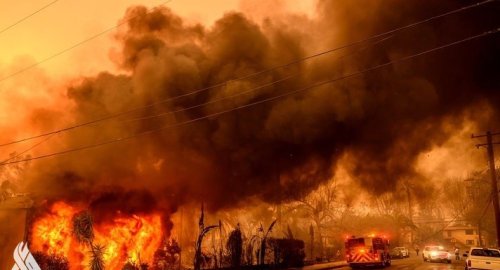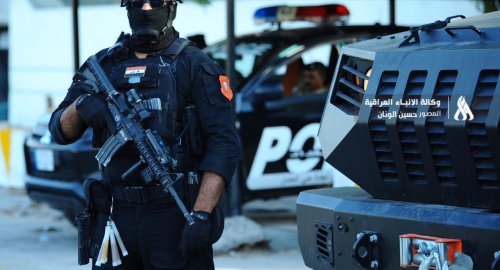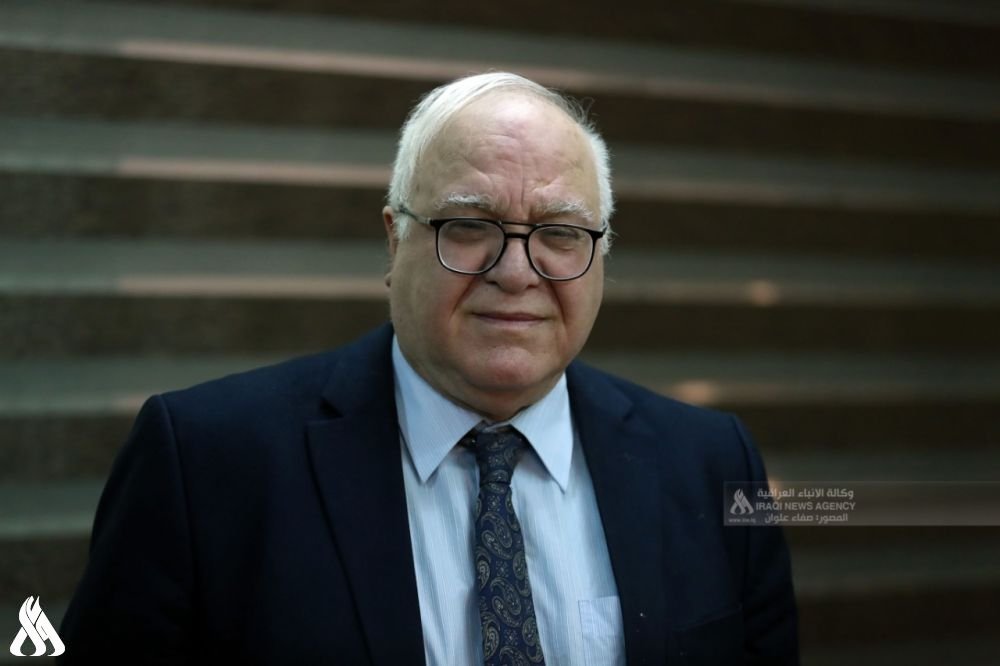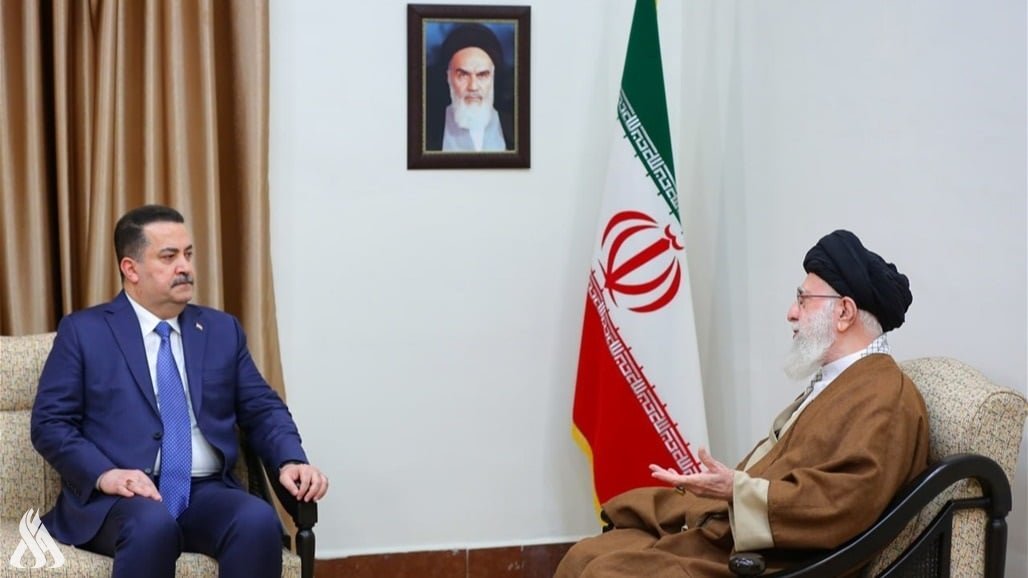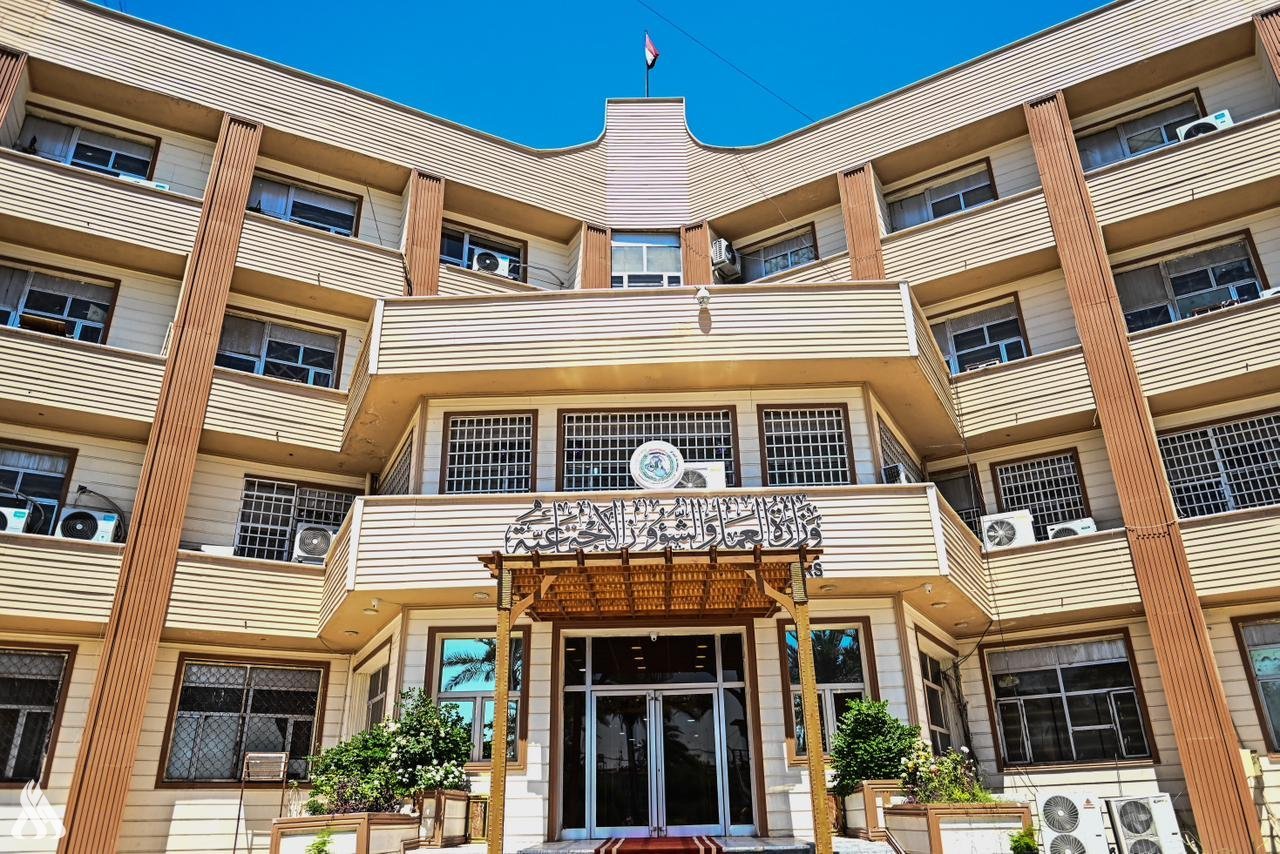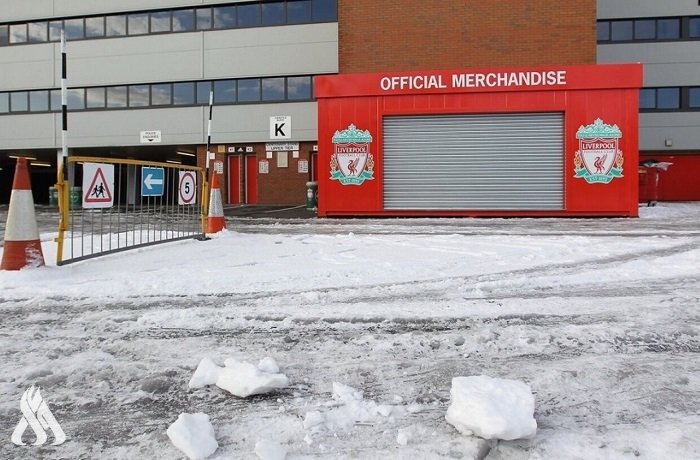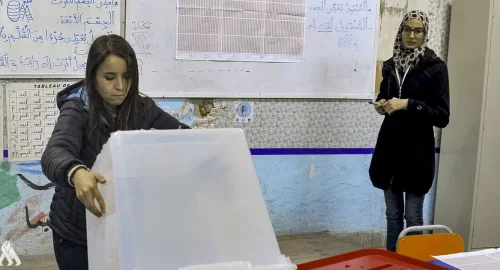
Tunisia to begin second round of parliamentary elections

- 29-01-2023, 12:11
INA- sources
Tunisia will hold the second round of voting in its parliamentary elections today.
The election’s first round recorded the lowest voter turnout in Tunisia’s history, at 11.2%. This follows President Kais Saied’s establishment of a constitution that gives him executive powers, the referendum for which received a 30% turnout. The new system means that without a two-thirds majority in both Parliament and an as-of-yet-unestablished Council of Regional Representatives, the Parliament will not be able to block any government decisions.
Tunisia is also currently suffering from a deep economic crisis—with inflation over 10%, shortages of several goods including milk and gas and widespread strikes from transport workers and teachers. Furthermore, Tunis’ continued impasse with the IMF over the terms of a $2 billion bailout shows no signs of progress. Tunisia’s central bank chief recently warned that without an IMF deal, even harder times lie ahead.
As political skepticism is currently high in Tunisia, the population is unlikely to see a credible alternative to Saied, meaning it is unlikely that enough opposition members are elected to reach the two-thirds threshold. In this case, Saied’s reluctance to accept the IMF’s terms may well further prolong the disbursement of the bailout funds.
source: foreign brief
Death toll from Los Angeles fires rises
- International
- 05:57
SCI details its achievements throughout the year
- Security
- 05:56
